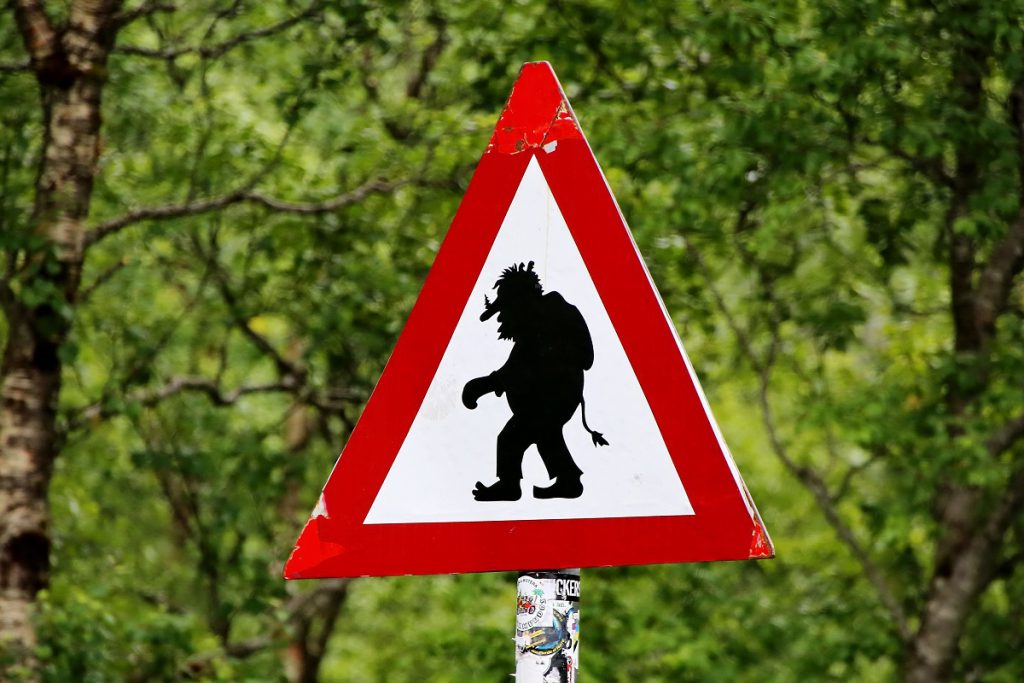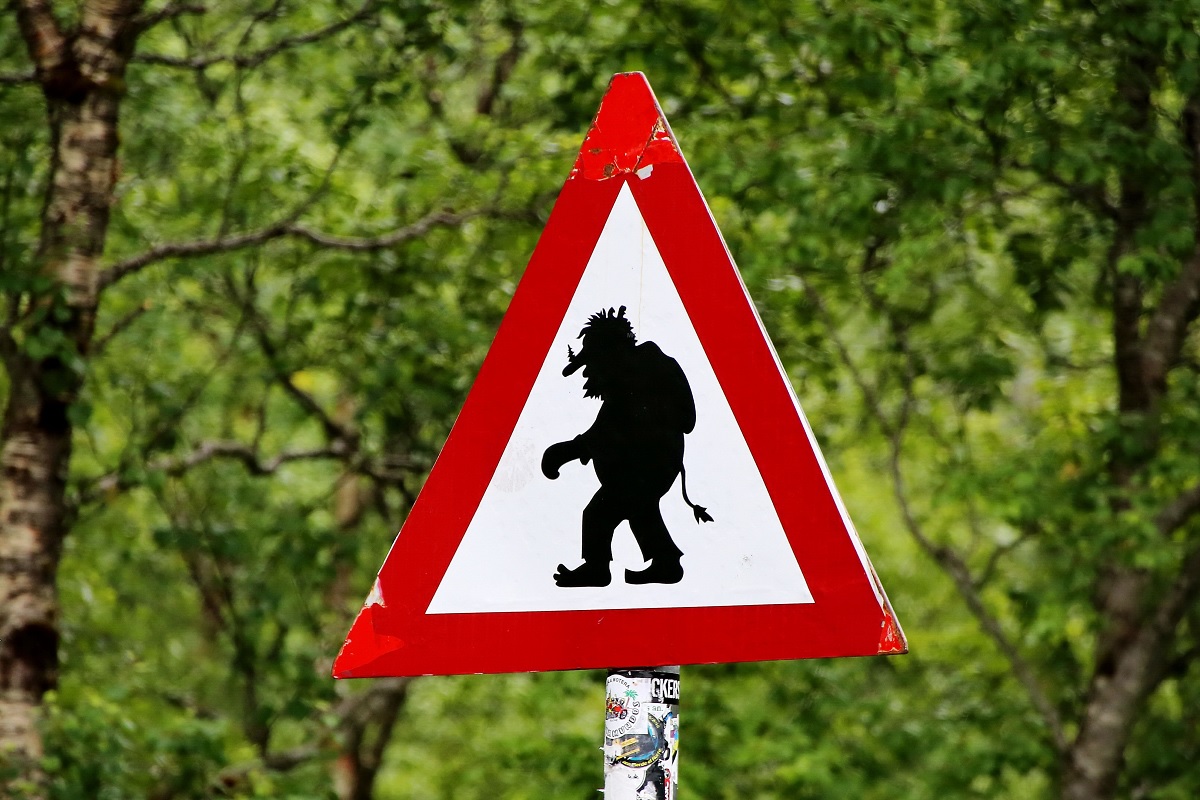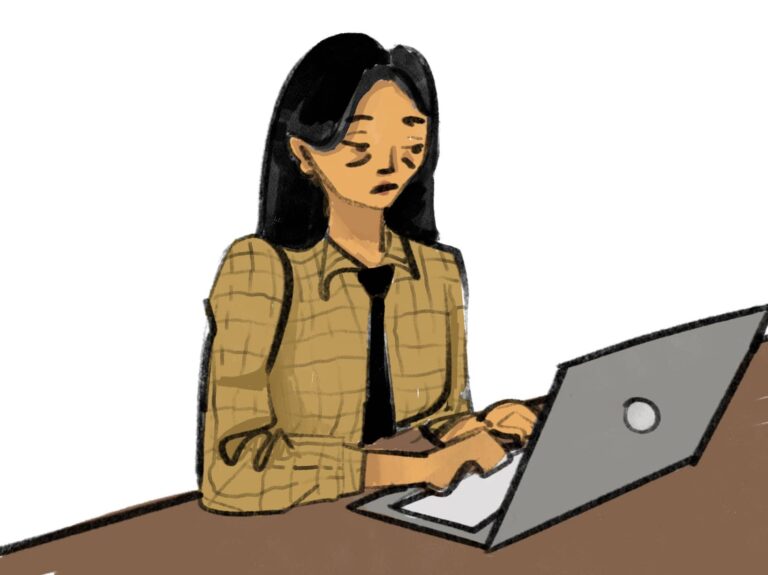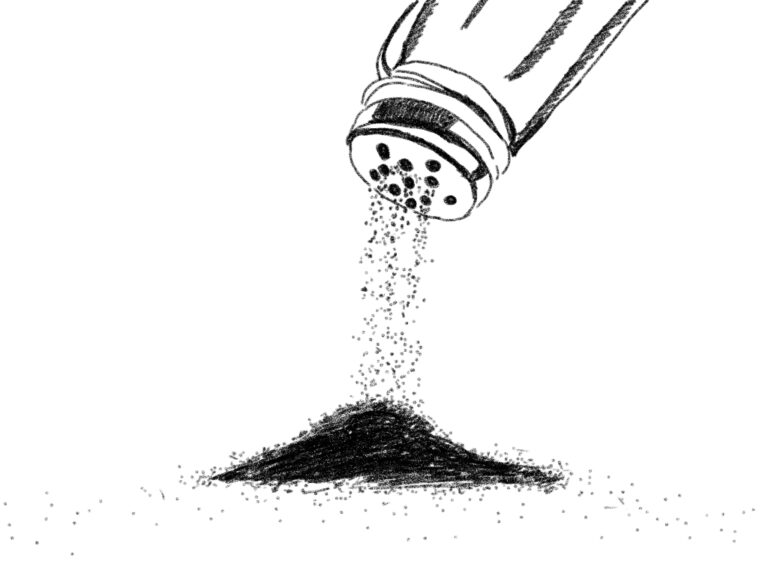Are we becoming the Troll Generation?

Tanmay is a management professional with educational qualifications from Ashoka University and St. Xavier's College, Kolkata. He is an aspiring writer on matters of life and wishes to follow his passions in pistol shooting and photography.

[responsivevoice_button voice=”US English Male” buttontext=”Read out this Theel for me”]
A friend of mine once conjectured that if humans get extinct someday, the next inhabiting species might know us by the work of the internet trolls just the way we know dinosaurs by their fossils. That led me to ask if we are becoming the troll generation. And much to my disappointment, there was a very little argument to counter that thought.
Today, thousands of trolls pass through the massive server warehouses every second to pop-up on our screens. They play multiple roles depending on the pair of eyes looking at them. They can be online amusers, ideological propaganda pipers, presenters of shareable portions of sadism, and agents of bullet-free existential threats.
Though my train of thought didn’t give me any hopeful view to impugn my friend’s stand, it gave me a few lenses to analyze the trolls and their actions.
Psychology
There has been considerable literature dedicated to the psychology of the internet trolls to understand why they do what they do. Some studies suggest that trolls bear unnatural levels of tenets such as psychopathy, narcissism, and machiavellianism. However, labelling trolls as humans with certain characteristics might be a cynical way to look at the phenomenon.
Contrary to the mental picture we might create of trolls in our heads, trolls can be anyone among us. They can be the simplest looking people with great ethical and moral standing in their mainstream lives. Internet anonymity allows one to create a parallel self of oneself and behave in a manner which the mainstream self wouldn’t. There might not be any alarming psychological roots in such cases stemming into the trolls.
Moreover, trolling doesn’t need to be a continuous activity. It just takes one post or comment to turn an internet user into a troll. The network effects are really vast and the barriers to entry into the troll ecosystem are virtually non-existent. One can go as far as to say that if we try to go back in time and judge our online behaviour, there are chances we might find elements of it standing on borderline trolling. Such elements might have stemmed from our ignorance, innocence, or even a momentary judgement lapse.
It is not that people with such psychological traits or such motivations did not exist before. Also, there is no evidence to suggest that the internet had anything to do with this. However, the internet gave them words, voice and the attention of millions of eyes and ears.
Folklore
Back in my early teen days, in my co-ed classroom, I had the (mis)fortune of bearing through the antics of a few classmates. Driven by their burgeoning hormones, they found a new recipe to seek female attention. They transformed themselves into their versions of sociopath bullies. Their antics ranged from adding sexual connotations to typical classroom bullying to backlashing teachers on being ridiculed in class.
That started becoming a school-wide phenomenon, with many juniors idealizing them and forming a so-called cult. Their antics were the talk of the lunch tables and tennis courts, narrated as folklore by students and faculty alike, who used to get a good laugh out of it. That’s when I realized that more than the reactionary attention from the female counterparts, it was the folklorish attention that fueled up the motivations of that bunch and in a way legitimized their antics.
That very well applies to internet trolls. Any unknown face can today get that folklorish attention when his/her nasty comment on a celebrity’s dress is covered on the website of the likes of the mainstream media houses like Zee News. The writers of many such platforms think that this is what the ‘lifestyle’ section of their platforms live for.
However, this has far-reaching ramifications. Not only does this give them enough encouragement to attack others with their demeaning voices, it very dangerously can lead them to believe that they are being taken seriously, and that their words carry a ‘social currency’ which has to be reckoned with.
This unwarranted social currency attracts more users to don the hats of trolls as it seems like a legitimate way of expression to them. The logical result of that is the movement of the trolls’ activities from online trolling to social media trials and dire social media threats including rape, murder, and lynching.
A few days back, the Indian Labour Ministry’s (in effect, the government’s) twitter handle retweeted a rather distasteful tweet that celebrated an actress’s alleged association with a drug case. Moreover, that tweet shamelessly made fun of her past admission of depression.
It is scary because it shows the establishment’s bias and raises doubts about the trust we might have in the people in power. But it is all the scarier to imagine the kind of validation that the troll might have felt when the Indian government retweeted his/her “work”. To trolls, it gives encouragement like no other as their presence and activities are legitimized.
Anonymity
The internet is a democratic place, or at least it is visible as such. The democratic nature of the internet and of social media is a major driving force behind the high adoption levels. Any and everyone can get one’s voice heard without the need for exclusivity or public validation on which traditional modes of mass communication work.
That said, democracy thrives on the accountability of one’s views and words. Anonymity removes accountability (deindividuation) and all of a sudden, there is a thin line between democracy and anarchy. All social norms are withdrawn and people say and do things which they otherwise wouldn’t with their identities exposed.
An argument (however far-fetched) can also be made in the favour of removal of email IDs which cannot be linked back to the physical users, especially at a time when the legitimacy of email ID is rising as it becomes an essential component of an individual’s identity. (The irony that any random @ extension is called ID/address is not lost) This is keeping in mind that the email ID is a required detail to create any other profile on the internet.
Medium
A lot of us began our journeys with screenshots on our first smartphones. Screenshot had become an informal bookmarking tool for saving the newly available digital content. Moreover, with the advent of WhatsApp and with the seamless shareability of screenshots, its utility increased exponentially.
Gradually, we found another use of screenshots – memes. Memes soon became a part and parcel of our facebook “feed”. Soon, memes became a tool used by trolls to throw creative insults on people and issues. While on the other hand, with easy-to-use editing apps, screenshots (and selective quoting) are used for aspects of serious consequences such as blackmailing and fake news.
Deterrent
Speaking for India, there are cases when social media platforms have removed trollish content, especially in extreme cases. Although with millions of posts (and growing) across platforms everyday, and the definition of hate-worthy and trollish content changing from one case to another, it is all but impossible to keep an eye on the trolls.
The larger legal framework still hasn’t recognized the gravity of the trolls’ impact on the parallel powerful society that is the internet. The Indian laws which govern the issues around this are as vague as laws can be. Moreover, it is all well known that the enforcement is weak enough to tackle issues in the physical world itself, let alone to dive into the virtual world.
Therefore, one can safely say that on both preventive and corrective fronts there is hardly any way to deal with the trolls the way things stand today. We are left to fend for ourselves and some kind souls have developed guides around the same. Others can simply stay away from social media, like I do, to keep the clutter away.
So what now?
So, are we becoming the troll generation? Well, having looked at each of these elements, it is easy to point that most of these elements are here to stay the way they are because each of these is unrelated to the other in terms of its intent and its roots. Moreover, with increasing polarization around the planet, trolling in this new form is beginning to get institutionalized.
One can argue that a possible way to put the trolls off is to turn a blind eye to them. But the point is that trolling has outgrown its basic form of insults. It has taken a new form in online public trials and threats. And given the fact that a few of the threats have materialized from the screen to the physical reality, it is unsafe to turn a blind eye to them.
Most importantly, there is no ‘us versus they’ debate here. No one is shielded from this. Tanishq, the jewellery brand of the Tata Group (one of India’s largest conglomerates), had to retract an advertisement celebrating Hindu-Muslim bonding hours after it went online. The ad was heavily trolled on YouTube and Twitter by trolls who misunderstood or did not like the message given by the ad. However, the worst signal of the gravity of the situation is that the brand cited the ‘wellbeing of its employees, partners, and store staff’. We are in a strange position today where we are both extremely powerful and extremely helpless.
Sadly, with all that goes on everyday around the world, I don’t think that finding a systemic solution to deal with trolls the priority of the globe. In all fairness, a systemic fight against bullying in schools and colleges only began centuries after such institutions had become an integral part of our culture. One can counter with the visibility aspect of that, but that will not be enough.
Featured Image Credits: Mark König on Unsplash








